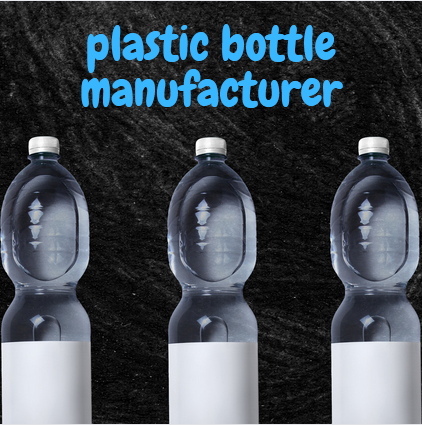In the world of plastics, Pakistan has a number of excellent manufacturers and producers. With the increasing demands for plastics for various purposes, the industry is expanding at a rapid pace. In addition, the plastic industry of Pakistan is gaining popularity worldwide as it offers a wide range of plastic products and supplies. From car components to E-waste, the list of plastics that can be manufactured in Pakistan is quite extensive. The exports of these products are growing rapidly.
Lahore
The plastic manufacturers in Pakistan has gained great momentum in the past few years. In fact, the industry has surpassed all other industrial sectors. It has the capacity to attract more international players. It has also been able to bring its products to international standards.
The plastics industry in Pakistan was set up in Lahore during the early years. However, it suffered a major blow when the government restricted the import of new plastics machines. Without the import of second hand machines, the industry would have vanished completely.
The plastics sector is dominated by industrial hubs in Karachi, Rawalpindi, and Lahore. There are more than 6,500 plastics processing units in the country. The industry is growing at an average rate of fifteen percent per year. According to the World Wildlife Fund (WWF), the average person consumes five grams of plastic every week. That's equivalent to a credit card.
Plastic waste in Pakistan is estimated to reach 3.9 million tonnes by the year 2020. Seventy-percent of that waste is mismanaged, leaving it in landfills or water bodies. In order to eliminate this problem, Pakistan is developing a five-year plan. It is expected to be implemented by mid-2022.
The government has imposed fines on plastic bags. It is trying to create a credible data collection system to make better use of the waste. In addition, it is exploring new coding systems for the recycling of post-consumer plastics.
Exports of Plastic Components for the Automobile Industry
The auto component manufacturing industry in India is on a steady upward trajectory. It is a multifaceted industry that requires support from many different stakeholders. Developing a comprehensive roadmap to the future can help companies better allocate resources.
The auto industry plays a key role in the economy. It has several dimensions, including generating government revenue and stimulating innovation. In addition, it is a training ground for employees. The automotive industry is a complex nexus of manufacturers and suppliers that can be affected by policy intervention, regulation, and trade agreements.
As the automobile industry matures, it will need to find ways to cope with changing expectations of the end user. For example, the application of advanced materials is on the rise. Similarly, the influx of shared mobility will spur the demand for more robust and data-enabled components. These are some of the reasons why the automobile industry is a hotbed for innovations.
While the automobile industry is a huge draw, it also presents many challenges for the automotive component manufacturer. A lack of free trade agreements, protectionist policies, and government-to-government concerns can all crimp production. The industry needs to look for ways to bolster the competitiveness of its various players. Specifically, the industry must improve the quality of its product and reduce its cost.
E-WASTE
In recent years, the sale of electronic devices has surged, with an increase in disposable income. This has created demand for new products with improved features, and has encouraged users to replace outdated ones.
However, e-waste plays a significant role in the global environment, with 83% of it being illegally dumped. As a result, it is becoming an urgent issue worldwide. E-waste comprises a wide range of electronics, including laptops, computers, TVs, mobile phones, and air conditioners. These items contain toxic substances such as metals, wholesale plastic, halogens, and base metals. These materials pose serious risks to human health, as well as the environment.
In developing countries, e-waste is usually collected by unprivileged individuals and informal waste pickers. These workers are often exposed to hazardous chemicals and unsafe working conditions. As the market for electronic products continues to grow, the amount of e-waste produced is increasing. As a result, there is a need for more effective recycling technologies.
Many developing countries are unable to properly handle e-waste due to lack of regulations. They also do not have adequate legal and economic incentives to manage it effectively. The most effective way to address the issue of e-waste is to establish a proper collection system that is built by formal recyclers. This means more cooperation between the region's governments, since each government would need to commit itself to the process.

